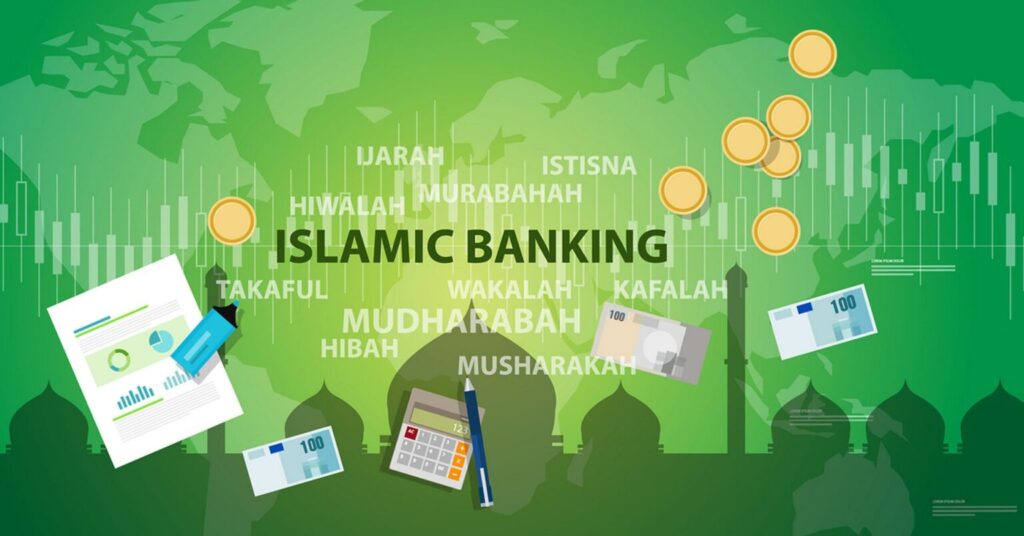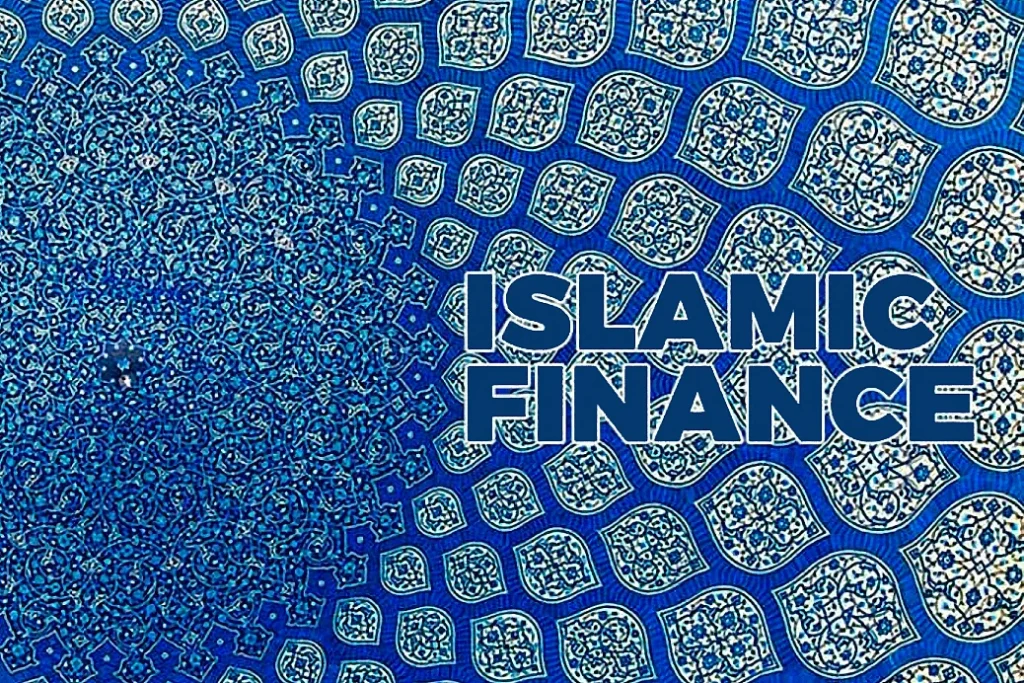About twenty-five percent of the world’s population is Muslim. Islamic law, Sharia, is based on the Muslim holy book Koran and the teachings of the Prophet Muhammad. The fundamental principle of doing business by Islam is the division of wealth and property between neighbors. Sharia principles apply to accounting and finance. This, in turn, affects the functioning of the Islamic financial system.
The Quran does not object to the acquisition of wealth. He recognizes the high value of well-being as the grace of God. However, over-enrichment is seen as a risk of misuse of financial wealth and, as a result, greater responsibility. The Quran encourages investment in trade and business, which is the principle of the banking system.
Particular attention should be paid to the interest rate, which, according to Islam, plays an important role in doing business. Usury (charging interest on debt) is prohibited in the Quran. Money should not be used to make money. In the Islamic concept of trade, money cannot be regarded as a commodity.

Even though Islam prohibits the payment and receipt of interest on deposits and loans, this implies the participation of banks in profits. Islamic banks not only do not pay or charge interest from their clients, but they also share the risks. A unique feature of Islamic banks is that tax (zakat) is levied on deferred funds and distributed to the poor or charity.
Each Muslim is expected to determine the tax (zakat) based on his property and wealth. This is a traditional approach to banking that originated in the seventh century and remains relevant to this day. The Islamic banking system is at the center of all operations, not only in traditionally Islamic states but is also gaining popularity in Western countries.
Islamic banks
Islamic banks have created many products based on the distribution of risks and rewards. These products are in line with Islamic doctrine and provide acceptable returns for investors.
To date, the following most common forms are known:
- Murabaha — a certain type of sale (transaction), according to which the bank buys goods at the request of the client, and then resells them with a certain agreed margin.
- Mudaraba is a type of partnership in which a bank or partner provides capital to an enterprise or other partner to invest.
- Musharaka — a financial project under which the bank enters into cooperation with the client, in which the parties to the agreement share both profits and losses based on equity participation.
- Ijarah (lease) — the transfer of assets or property in exchange for a lease.
- Takaful (insurance) — an insurance system based on cooperation and aimed at preventing unpredictable risks. Participants contribute and pool resources to compensate the injured in the event of an insured event.
- Mukarada – bonds issued by banks to finance certain projects. Investors have an equal percentage of profits without voting rights.
- Salam – a transaction in which the seller undertakes to provide the buyer in the future with some product in exchange for a direct contribution.
Currently, most of the traditional banks, including Citibank, ANZ, Dresden, Deutsche Morgan Grenfell, and ABN Amro, are starting to operate under Sharia law. They are actively involved in setting up offices providing Islamic banking services as well as developing products to meet the needs of Islamic investors.
Islamic banking became popular in the 1970s during the oil boom. However, the first Islamic bank was registered in Egypt back in the mid-1960s. Devout Muslims were against paying for any services. The oil-rich Arab states that follow Islam were also unhappy with the lack of alternatives to investing in traditional commercial banks.

Thus, Islamic banks were created in which profits and losses are divided among the participants, and the interest rate is abolished. Long-term financing is important for such banks. The decision to finance the project is made based on a religious philosophy, where the success of the loan directly depended on the success of the project.
The countries of the Cooperation Council for the Arab States of the Gulf (GCC)
The countries of the Cooperation Council for the Arab States of the Gulf (GCC) are the center of the Islamic world. On the territory of the Kingdom of Saudi Arabia, there are Muslim shrines. The Gulf countries are also the center of a rapidly expanding Islamic financial system, which includes retail banking, investment banking, insurance, fund management, and the issuance and trading of securities known as Sukuk, under Sharia law.
Although the popularity of Islamic banks is growing rapidly, continuing to actively spread around the world, it is difficult for them to compete with traditional banks. One of the significant disadvantages of Islamic banks is their small size. Islamic banks should explore the possibilities of alternative channels of interaction with customers to compete with traditional banks. For example, online banking and telephone banking gain a share in the respective markets.
- It’s important to focus on these channels to drive sales rather than using them as a service method.
- Secondly, you need to use different models depending on the needs of the target segment, ranging from terminals to entire branches.
GCC member countries are seen as financial centers. Bahrain, in particular, claims to be the main center of the Islamic banking system, although the question of the stability of this country remains open. Financial institutions of the Gulf countries have a global perspective. Al Rajhi Bank is considered one of the largest representatives of Islamic banking with total assets of $49 billion.
This bank has over 470 branches, including over 100 branches for women. Al Rajhi continues to open branches around the world. The bank already has 19 branches in Malaysia alone. Or Kuwait Finance House, Kuwait’s largest bank, has expanded its assets in Turkey, where it has 88 branches.
The banking sector in many countries has undergone significant development and today is an established industry with well-established management practices. However, this does not apply to the UAE banking sector, which started its activities relatively recently. However, the banking sector in the country is well-capitalized and profitable. The financial sector in the UAE has a generally strong legal framework and judicial system.
The Central Bank of the United Arab Emirates
The Central Bank of the United Arab Emirates was founded in 1973 and was originally called the UAE Monetary Council. In December 1980, this bank was transformed into the Central Bank of the UAE and, according to the bill, received broader powers in the formation of the monetary system and control over banks in the state. The rapid growth of the economy of the United Arab Emirates is reflected in the development of the Central Bank’s activities also in the field of foreign assets, loans, capital, and shares.

In 2013, the UAE Central Bank issued five new licenses to foreign banks and financial institutions, bringing the total number of foreign banks’ representative offices in the UAE to 47 institutions. A key factor driving the growth and development of foreign banks in the UAE is the need to serve the huge number of expatriates that form the main profit. In this regard, the UAE actively encourages banks to open their branches and create free economic zones.
A serious reason for this was the opening of the Dubai International Financial Center (DIFC). Since the Islamic banking system is based on Sharia law, the main principle in the activities of Islamic banks is not to charge interest on the debt, since religion prohibits usury. Islamic banks are an integral part of the Gulf countries, in particular the UAE. Besides, the Islamic banking system is actively gaining popularity not only in traditionally Islamic countries but also abroad.








